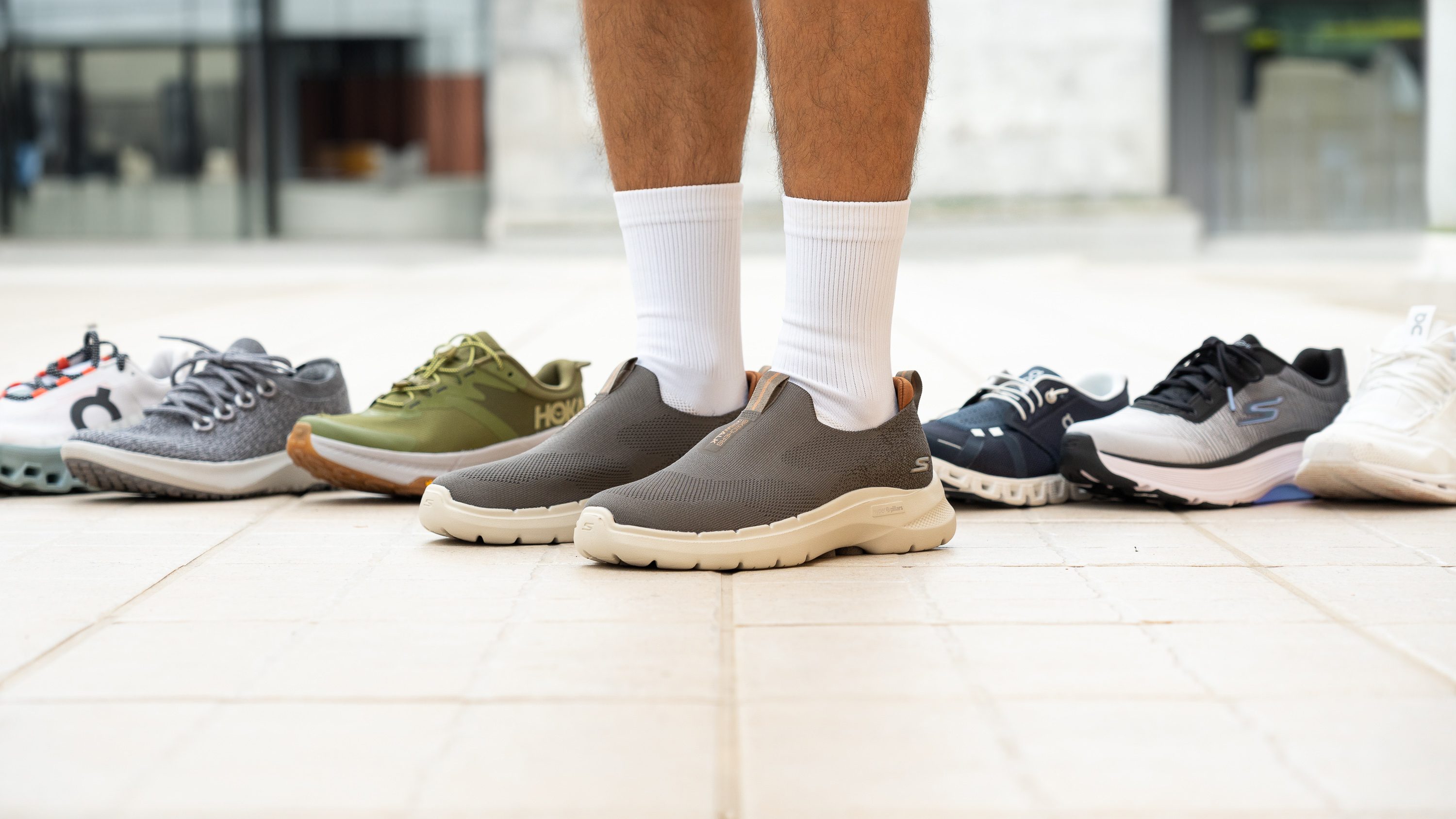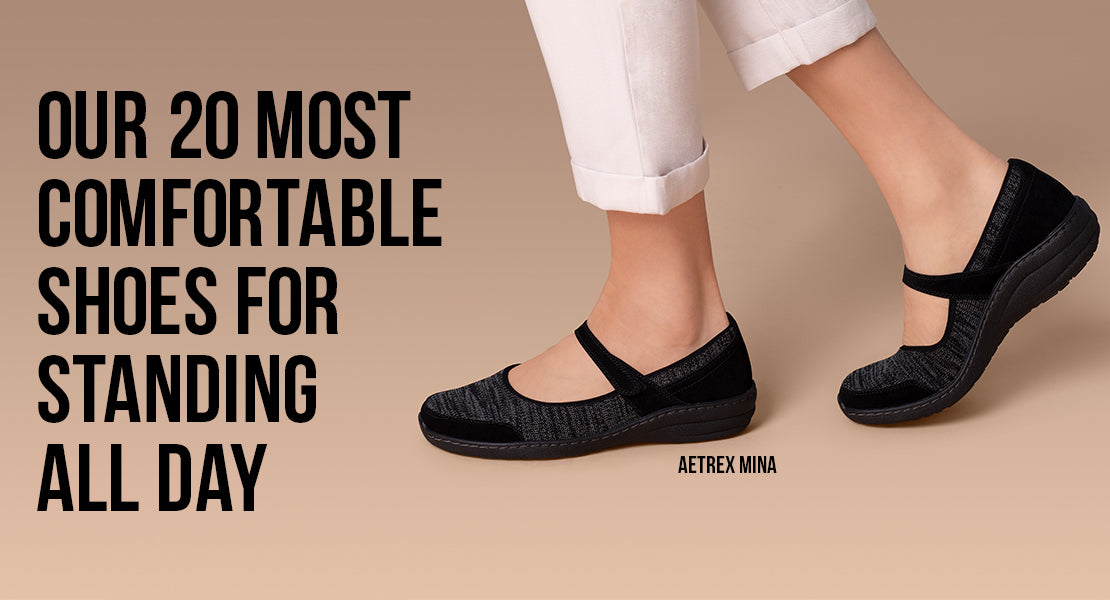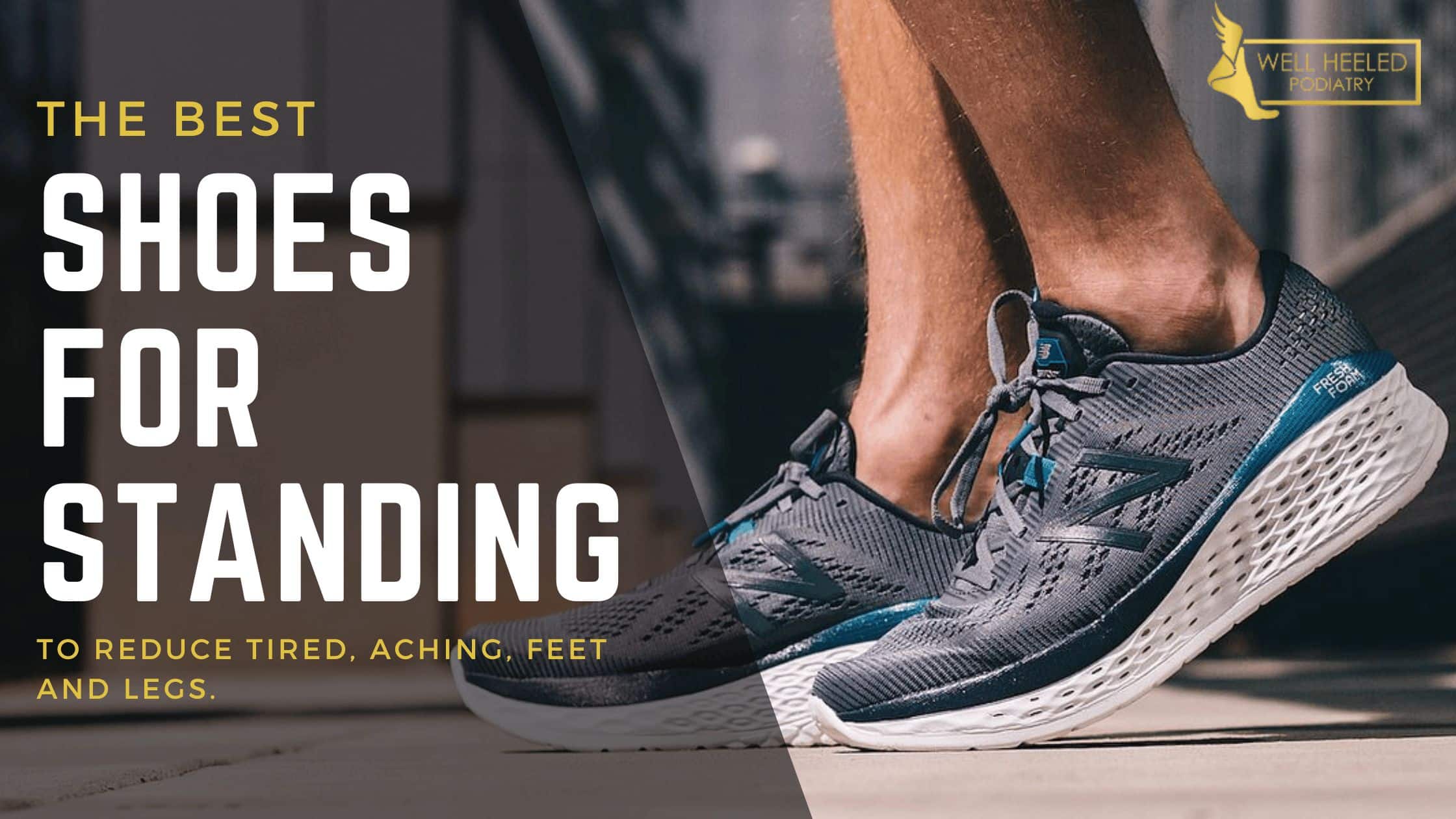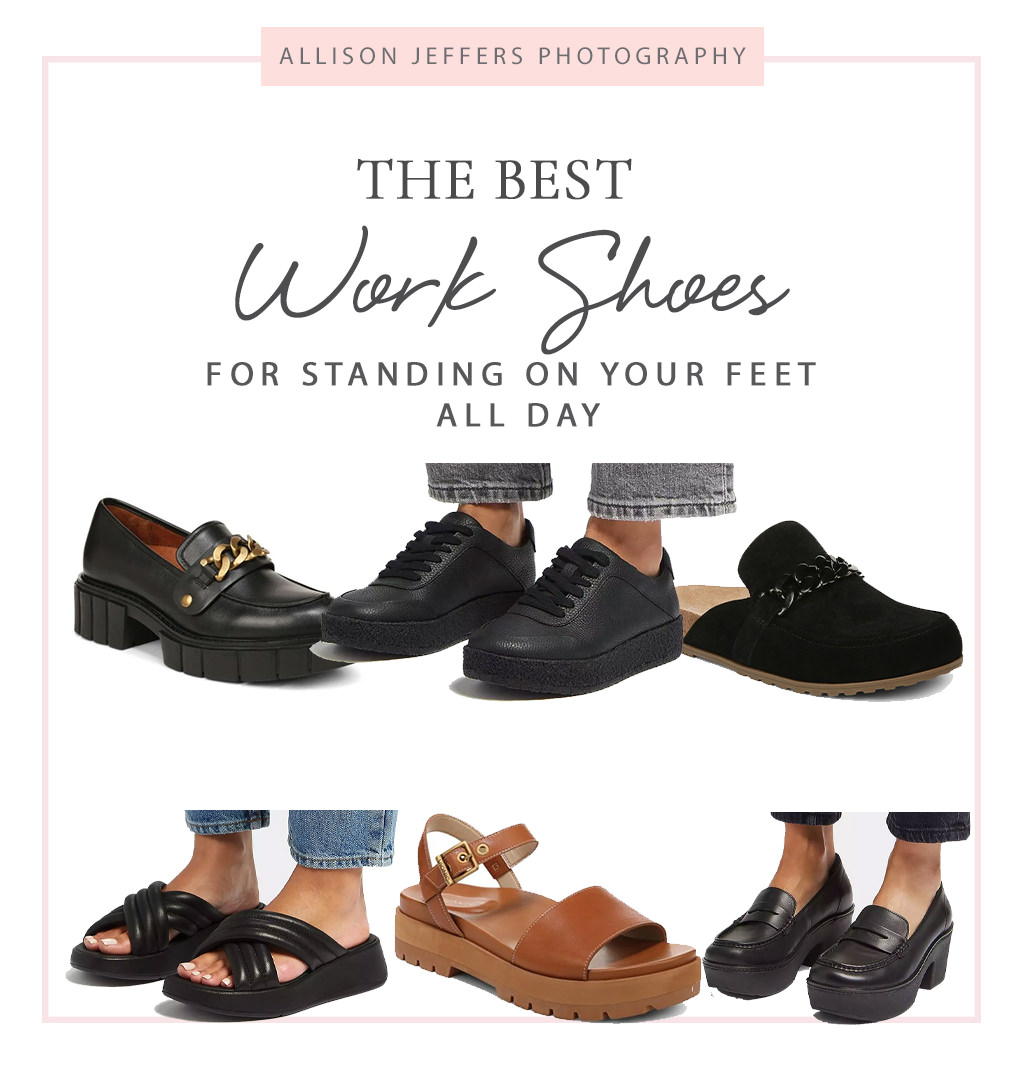Introduction
If you’re someone who spends the majority of their day on their feet—perhaps as a nurse, teacher, retail worker, or someone who just enjoys being active—you know that the right pair of shoes can make a world of difference. This article is designed to help you navigate the crowded footwear market and find the best shoes for people on their feet all day. By blending comfort, support, and style, we’ll guide you toward making an informed decision.
Understanding the Importance of Supportive Footwear
Spending extended periods on your feet can lead to a host of issues, from foot fatigue to chronic pain. According to the American Podiatric Medical Association, one in four Americans experience foot pain at some point in their lives. The right shoes not only alleviate discomfort but also promote better posture and overall foot health. Investing in well-constructed shoes is essential, especially for professions that demand long hours standing.
Key Features to Look for in Shoes for All-Day Wear
1. Arch Support
Arch support plays a crucial role in maintaining foot alignment and reducing fatigue. Whether you have high arches, flat feet, or a neutral arch, finding shoes with appropriate support can help prevent foot pain and conditions such as plantar fasciitis.
2. Cushioning
A soft, cushioned insole can absorb impact, making every step more comfortable. Look for shoes with memory foam or gel insoles that provide a customized fit and enhance comfort.
3. Breathability
When you’re on your feet all day, your feet can get hot and sweaty. Shoes made with breathable materials allow for proper ventilation, keeping your feet dry and comfortable.

4. Weight
Heavy shoes can add unnecessary strain on your legs and feet. Lightweight options help reduce fatigue while providing the necessary support.
5. Outsole Grip
A non-slip outsole is vital for those who work in environments like kitchens or hospitals. Look for shoes with rubber outsoles that provide excellent traction and help prevent slips and falls.

Top Shoe Recommendations for People on Their Feet All Day
1. Dansko Professional Clogs
The Dansko Professional Clogs have gained a reputation among healthcare and service professionals for their exceptional arch support and comfort. With a supportive footbed and shock-absorbing sole, they’re designed to keep you comfortable even during the longest shifts.
Pros: Excellent support, durable, easy to clean.
Cons: Bulkier than traditional shoes, takes time to break-in.
2. New Balance 990v5
New Balance shoes are known for their cushioning and support. The 990v5 offers a classic style that’s ideal for long hours on your feet. They provide superior stability and traction, making them a favorite among those who work in retail and healthcare.
Rating: 4.8/5 based on customer reviews.
Pros: Great cushioning, stylish design, wide fit options.
Cons: Pricey compared to other brands.

3. Skechers Work Sure Track
Designed specifically for work environments, the Skechers Work Sure Track shoes provide slip resistance and electrical hazard protection. With a memory foam insole and breathable material, they’re a great choice for those on their feet all day.
Rating: 4.5/5 based on customer reviews.
Pros: Slip-resistant, affordable, comfortable.
Cons: Sizing may vary.
4. Brooks Ghost 14
Brooks Ghost 14 running shoes are another fantastic option for those who are up on their feet all day. Known for their excellent cushioning and breathable mesh upper, they provide a comfortable fit for long hours.
Rating: 4.7/5 based on customer reviews.
Pros: Lightweight, great cushioning, stylish options.
Cons: Not as much arch support for some users.

Real-World Experiences and Case Studies
Case Study: Nurses’ Footwear
A recent survey conducted by the Journal of Foot and Ankle Research found that over 70% of nurses experienced foot pain due to inadequate footwear. Many nurses have turned to brands like Dansko and New Balance to combat this issue, often reporting significant relief and increased comfort levels during their shifts.
Employee Testimonial: Retail Workers
Retail employees have shared their experiences wearing various shoes during long shifts. Jane, a sales associate at a major department store, switched to Skechers Work shoes after suffering from chronic foot pain. She reported that not only did her foot pain decrease, but she also felt more energetic at the end of her shifts.

Comparison Table: Top Shoes for Standing All Day
| Shoe Model | Arch Support | Cushioning | Weight | Slip Resistance | Price |
|---|---|---|---|---|---|
| Dansko Professional | Excellent | Moderate | Heavy | Yes | $130 |
| New Balance 990v5 | Excellent | High | Moderate | No | $185 |
| Skechers Work Sure Track | Good | Moderate | Lightweight | Yes | $75 |
| Brooks Ghost 14 | Good | High | Lightweight | No | $140 |
Tips for Choosing and Maintaining Your Footwear
1. Understand Your Foot Type
Before making a purchase, it’s critical to understand your foot type—arch height, width, and overall shape. This knowledge will help you select shoes that fit well and provide the necessary support.

2. Try Before You Buy
Always try shoes on before purchasing. Walk around the store to ensure they fit comfortably. Pay attention to any pressure points that may indicate a poor fit.
3. Break Them In
New shoes often require a break-in period. Start by wearing them for short periods and gradually increase wear time. This can help prevent blisters and discomfort.

4. Keep Them Clean
Regularly clean your shoes to maintain their condition and longevity. Use suitable cleaning solutions and follow the manufacturer’s instructions.
5. Replace Worn Shoes
Even the best shoes will eventually wear out. Pay attention to signs of wear, such as uneven soles or loss of cushioning, and replace them promptly to prevent foot pain.

FAQs About Shoes for People on Their Feet All Day
1. What should I look for in shoes for standing all day?
Look for features such as arch support, cushioning, breathability, and lightweight materials. A non-slip outsole is also essential for safety.
2. Are expensive shoes worth it?
While price doesn’t always correlate with quality, higher-priced shoes often use better materials and technology, leading to improved comfort and support.
3. How often should I replace my work shoes?
It’s generally recommended to replace work shoes every 6-12 months, depending on usage and wear level.
4. Can I wear insoles in my shoes?
Yes! Insoles can provide additional support and cushioning, making many shoes more comfortable for long periods of wear.
5. Do slip-on shoes offer good support?
Slip-on shoes can offer comfort and convenience but may not provide adequate support. Look for slip-on styles that feature arch support and cushioning.
6. What materials are best for breathable shoes?
Synthetic mesh and lightweight materials often provide better breathability. Look for shoes designed with ventilation in mind.
7. Are there specific brands that are best for standing all day?
Brands like Dansko, New Balance, Skechers, and Brooks are often recommended for their support and comfort features tailored for long periods of standing.
8. Can I wear running shoes for work?
Running shoes can be suitable for work if they provide adequate support and cushioning. However, ensure they have features specific to your work environment if required.
9. What are the signs of wearing the wrong shoes?
Common signs include foot pain, fatigue, blisters, and changes in your gait or posture. If you experience any of these, consider reevaluating your footwear.